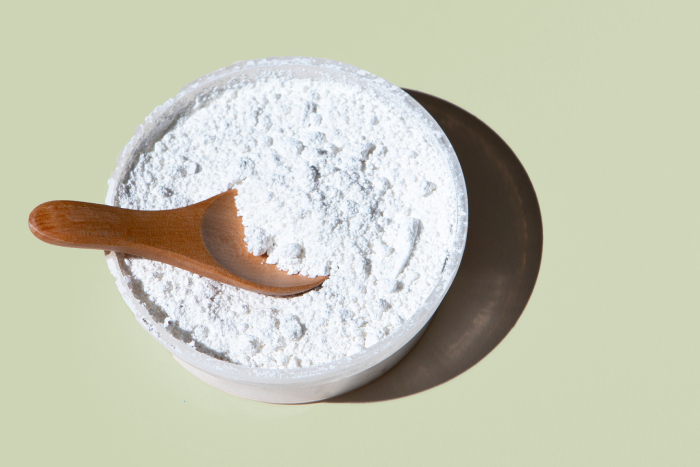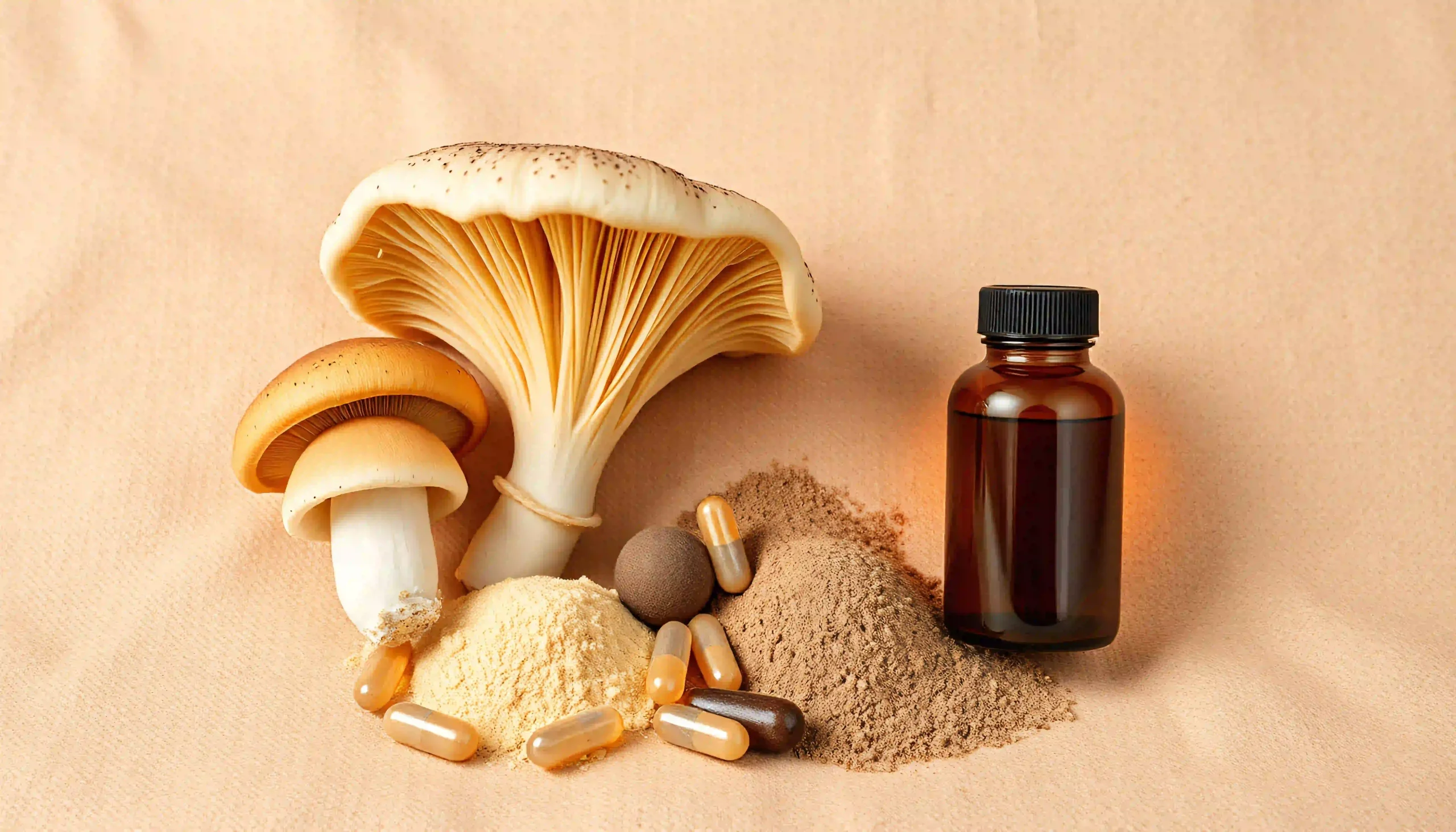Sustainable Packaging in the Supplement Sector
Sustainability is increasingly becoming a key concern within the supplement industry, a subject that dominated discussions at the recent SupplySide West conference in Las Vegas. With the industry’s massive production of plastic bottles — billions of units every year — the need for alternative, eco-friendly packaging solutions has never been more urgent.
As sustainability takes center stage in consumer preferences, supplement brands are stepping up to meet the demand for greener practices. At the conference, the “Unwrapping sustainability: Mastering eco-friendly packaging†session explored the challenges and opportunities associated with creating more environmentally responsible packaging. One brand’s founder, Maria Cebrian, shared her journey of creating a 100% compostable, sustainable supplement bottle despite industry resistance and a lack of information.
The numbers are stark. The supplement industry produces approximately 2.3 billion plastic bottles annually, with fewer than 30% being recycled and a mere 3% ending up in the ocean. This widespread waste isn’t unique to supplements but is part of the global plastic pollution crisis. However, governments — particularly in Europe and California — are setting ambitious plastic-reduction goals, and the supplement industry will inevitably be affected by these regulations.
Notably, consumer preferences are shifting, too. According to a 2022 New Hope NEXT Data & Insights survey, “responsible packaging” ranks as the second-highest eco-priority for consumers, just behind the sourcing of environmentally responsible ingredients. This shift in consumer demand is motivating brands to rethink their packaging strategies.
Cebrian, who founded Terraseed in 2020, is one of the pioneers in sustainable supplement packaging. Despite initial skepticism from the industry — especially regarding the feasibility of non-plastic packaging solutions — Terraseed has successfully eliminated plastic and glass from its packaging. The company now uses cellulose tubes made from beechwood fibers, which are widely available and effective in preserving product integrity. Additionally, plant-based desiccants and compostable glue seals ensure the product’s shelf life remains intact, with a shelf life of up to 36 months.
The functional challenges that were initially anticipated, such as concerns over shelf life, were more manageable than expected. Even the extra cost of sustainable packaging — an increase of just 8% — didn’t deter Cebrian and her team. They found that consumers were willing to accept a slight price increase for sustainably packaged products, which aligned with the results of an internal survey that indicated an acceptable price increase of up to $4 for a $30 product.
In terms of alternatives to plastic, other brands presented innovative packaging solutions at SupplySide West, including Heis Global’s plant-based, compostable bottles made from sugarcane, and RTCO Packaging’s biodegradable polymer capsule bottles. These examples highlight the growing trend of using sustainable materials such as aluminum, biodegradable polymers, and plant-based resins to replace traditional plastic.
While switching to fully sustainable packaging may seem like an overwhelming task, Cebrian emphasizes that brands can start small. Key steps for transitioning to more sustainable practices include auditing current packaging, setting clear sustainability goals, collaborating with suppliers, and educating consumers about the importance of eco-friendly packaging. Many consumers are already eager for sustainable alternatives but may not realize they are available.
In conclusion, sustainable packaging in the supplement industry is more than just a trend; it is becoming a necessary evolution driven by both consumer demand and impending regulatory pressures. Brands like Terraseed are leading the way by proving that sustainability does not have to come at the cost of quality, functionality, or affordability. As the industry shifts towards more eco-conscious practices, the future of supplement packaging will likely look very different from the plastic-dominated landscape of today.
Commentary by YourDailyFit columnist Alice Winters:

The growing demand for sustainable packaging within the supplement industry is a welcome shift that could have far-reaching environmental benefits. As the statistics about plastic waste in the supplement sector underscore, the urgency for change is undeniable. However, while the need for sustainability is clear, it’s equally important to acknowledge the challenges faced by brands that are trying to transition to more eco-friendly practices.
One of the key takeaways from this article is the pivotal role of consumer preferences. The survey conducted by Terraseed that revealed consumers’ willingness to accept a price increase for sustainable packaging is a strong indicator that the market is ready for change. This is not just about environmental responsibility — it’s a business opportunity that can potentially position brands as leaders in the eco-conscious consumer space.
However, the real test will be how mainstream brands with large-scale operations adapt. For smaller companies like Terraseed, creating a fully sustainable packaging system is relatively easier, but scaling such efforts across larger brands will require significant investment in research, development, and supply chain innovation. Moreover, with sustainability not always coming cheap — the 8% increase in packaging costs for Terraseed is a case in point — brands will need to find innovative ways to offset these costs without alienating price-sensitive consumers.
It’s also worth noting that the industry faces an uphill battle in educating the consumer base about sustainable packaging options. As Cebrian points out, many consumers are unaware that such alternatives exist. Brands will need to focus on consumer education to make the transition smoother, both in terms of production and in gaining consumer buy-in.
The broader implications of this shift could also drive a rethinking of the entire lifecycle of products in the supplement industry. From sourcing raw materials responsibly to ensuring that packaging is fully recyclable or compostable, the focus needs to be holistic, and brands must be transparent about the environmental impact of their choices.
The takeaway here is that sustainable packaging is not just an option for forward-thinking brands, but an industry-wide necessity that will likely become mandatory in the not-so-distant future. The question is not whether the supplement industry will go green, but how quickly it can adapt to the changing tides of consumer demand and environmental responsibility.



